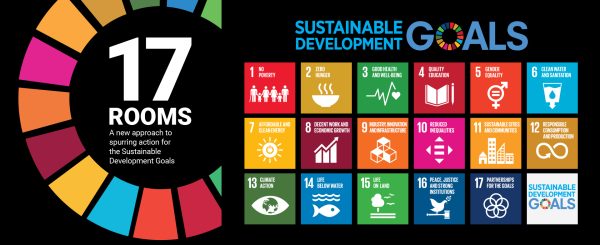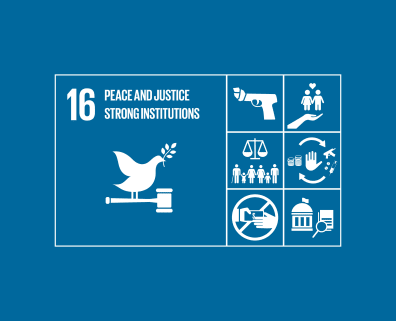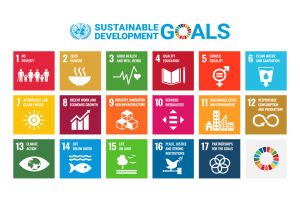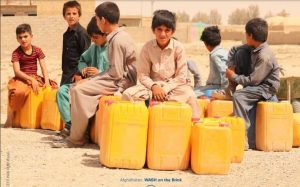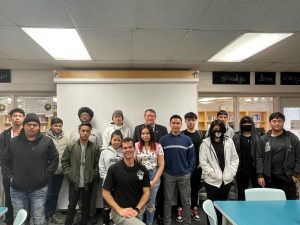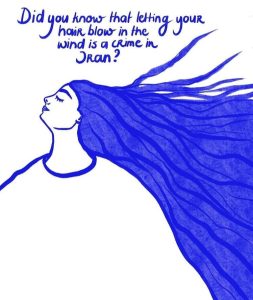The politics of fear. A boys view of communism.
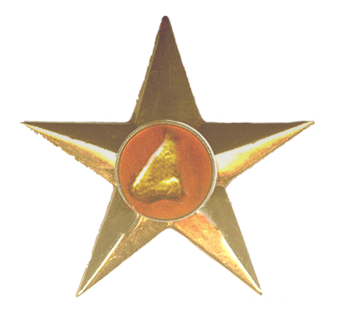
Communism is an ideological and social-political movement. This term means to set up a better version of society by having a type of government that attempts to make things better for the working poor. This society would be based on the common ownership of the means of production. It would not provide social classes or money. The ideal of this society was to do away with private property and have equal ownership of the means of production. The reality of this society is much different from the ideal.
”Breaking Stalin’s Nose” By Eugene Yelchin was in Russia in the early 20th century. This book is showing the life of a kid who lived in the era of dictator Stalin and communism before the start of World War II. His father was part of the secret police of the state. He always worked every day. The father and son lived in a small apartment full of people with only one bathroom and kitchen for 48 people. He always admired dictator Stalin and always wanted to be like him, and he always supported communism. But all the story changed when his dad got prosecuted by someone who reported him as an enemy of the state.
The fear of talking; is one of the fears that appear on Page 14.
“Don’t talk to him,” says my dad “He’ll use it.” This quote is showing us, the fear that all the people of the apartment had. They know that Sasha’s dad works at the State Security Police. So, Sasha’s dad has the power of arrest any person that says something suspicious for the State. In this example, it shows that at that time the agents of the state can use anything to make the person guilty, even if they did not have anything to be guilty about.
“Children, what is our duty as future pioneers”? (Chapter 18) This is forcing children to continue defending the state from any suspicious activity. And showing them that they can also blame each other no matter if they are friends or family. “Now take your pencils,” she says. “On a new sheet of paper, write down the name of the pupils in our class whom you suspect might be responsible. When finished, sing and date your list in the upper right corner and pass it to the front.” (Chapter 18) Nina Petrovna again as a strong communist wants to know who broke Stalin’s noose. She is demonstrating how this type of government has affected her and does things like this. Even if they were just kids she does not care. In fact, the schools become a place of strong government propaganda because the children are so trusting of authority. Now, everybody feels forced to say who did it. All of this is showing how no one could get rid of having a problem with the state, no matter the age, no matter who you are or where you work, no matter the size of the problem. Anyone could always report you and become an enemy to the state.

At the end of the story, Zachik is waiting to see his father making a great line. He was hoping to see him, no matter what the wait, he would. In the line was a woman next to him, she offered him some coat while he waited. She knew that the truth could be that his father was dead. “We will,” She says. “But for now, we have a lot of waiting to do. So let’s wait for Zaichik” She is given him more hope, and that hope was something that everybody had at the line. But still with the fear that their family members are dead. This represents how many people were in the trial, maybe some of them without any guilt and without a chance of being defended.
At that time in the Soviet Union, everyone lived in a state of repression from the “revolution” of Communist dictator Stalin. No one was the owner of anything. Communism goes against the private ownership of the means of production because they must belong to the state because they are their source of wealth and production. This state control of all power leads to propaganda and the need to keep control through fear.
The population did not have to get along with people from countries that were enemies at that time. Communism controlled so much that it was taking away the freedom to choose their partners or friends. Similarly, Stalin does not like Jewish or Socialist people. He had thousands of agents under his command to investigate any enemy for the state. In fact, the dictatorship of Stalin killed far more people than the dictatorship of Hitler during the Nazi holocaust. People always had to be careful about what they said or did. In schools, they had strict ways of learning communism. This created false loyalty at innocent ages such as what happened with the young boy Sasha. The irony is that he was so loyal and yet he still became an “enemy of the people.”

